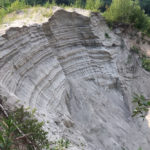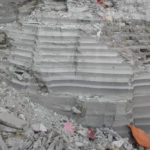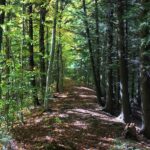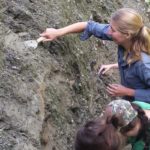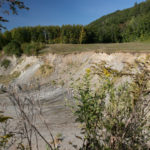Glacial Geology of Vermont
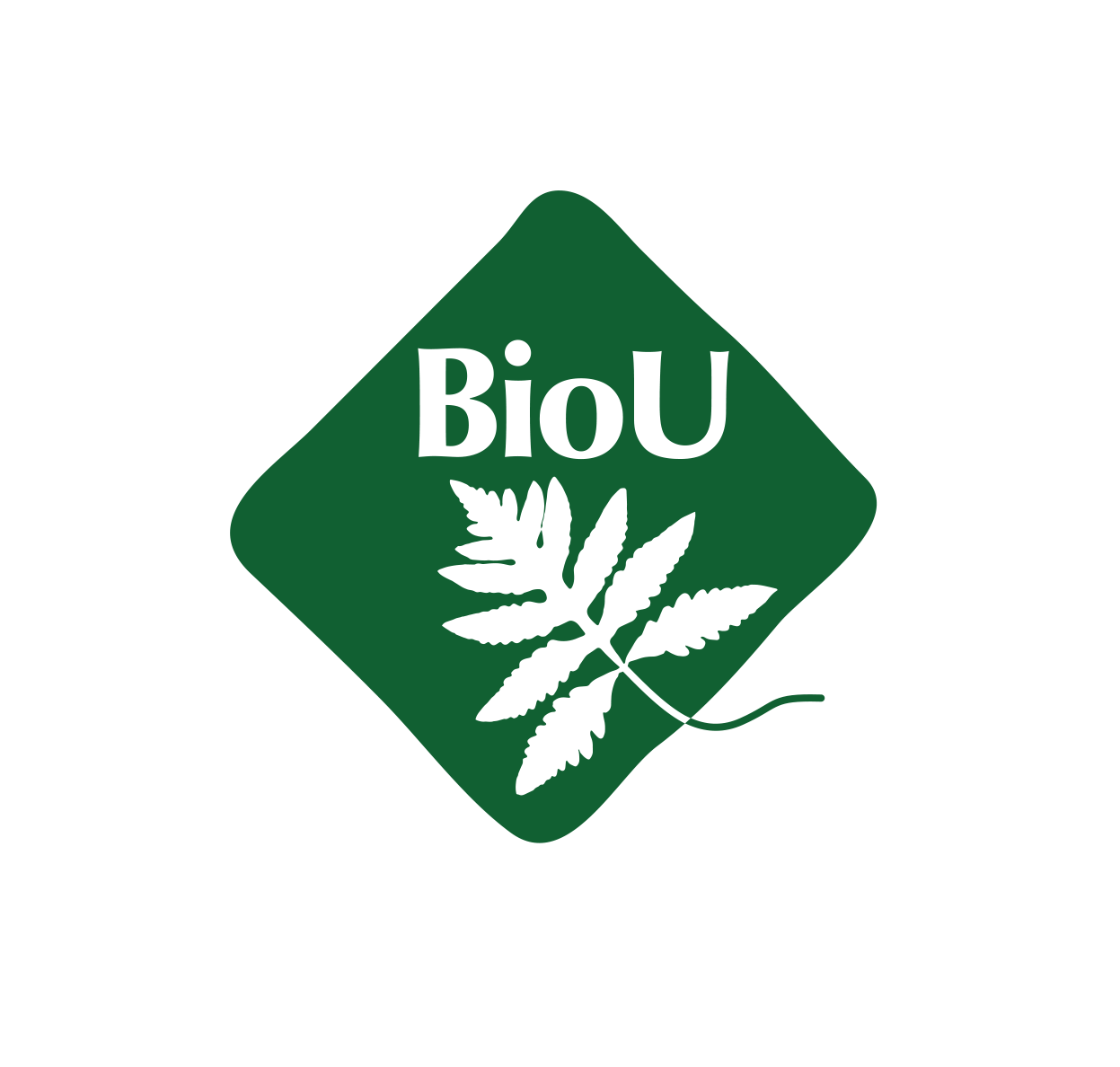
Instructor: Stephen Wright
July 30 - 31, 2022 | $265
Course size: 12 students
Please Contact Us to request scholarship assistance
T
his class uses multiple field sites to demonstrate how we understand key aspects of northern Vermont’s glacial geologic history. In particular, we will observe a variety of landforms and sediments created by glaciers and focus on the different geologic processes that were active when the landforms and sediments formed. We will then use our understanding of how these landforms and sediments formed to interpret the changing environments existing in northern Vermont during the last 25,000 years.
Course Objectives
- To learn how field observations of sediments and landforms are used to interpret the glacial geology of the region.
- To recognize the different types of sediments and landforms formed in glacial environments
- To understand the processes taking place as those sediments and landforms are created
- To interpret the changing environments existing in northern Vermont from peak glaciation to ice sheet retreat
About the Instructor(s)
Stephen Wright is a Senior Lecturer in the Geology Department at the University of Vermont. His current research utilizes extensive field work to further our understanding of the glacial history of northern Vermont. This work includes understanding the dynamics of ice flow and water flow within the big ice sheet that once covered Vermont and the histories of the many glacial lakes dammed by that ice sheet. During the summer months he frequently maps for the Vermont Geological Survey.
Recommended Readings
Course Slides
Glacial Geology Presentation Slides (PDF)
Books
- Bennet, M.R. and Glasser, N.F., First or Second Edition, “Glacial Geology: Ice Sheets and Landforms”
Articles and Field Trip Guides
(Don't be frightened away by the advanced content level. Just see if you can familiarize yourself with some of the big-picture concepts.)
- Larsen, F.D., 1987, History of glacial lakes in the Dog River valley, central Vermont; in Westerman, D.S., ed., New England Intercollegiate Geological Conference Guidebook, p. 214–236.
- Larsen, F.D., Wright, S.F., Springston, G.E., Dunn, R.K., 2003, Glacial, late-glacial, and post-glacial history of central Vermont; Guidebook for the 66th Annual Meeting of the Northeast Friends of the Pleistocene, 62 p.
- Wright, S.F., 2015, Late Wisconsin ice sheet flow across northern and central Vermont, USA; Quaternary Science Reviews, Vol 129: 216–228.
- Wright, S.F., 2018, Surficial Geology and Hydrology of the Bolton Mountain 7.5-Minute Quadrangle, Vermont; Vermont Geological Survey Open File Maps and Report.
- Wright, S.F., 2019, Glacial Geology of the Miller Brook Valley, Stowe, Vermont: A Head to Toe Traverse; New England Intercollegiate Geological Conference Guidebook, p. B3-1–B3-22.
- Wright, S.F., Springston, G.E., and Van Hoesen, J.G., 2015, Ice retreat and readvance across the Green Mountain Foothills: Bolton and Jericho, Vermont; New York State Geological Association Guidebook Vol. 87: 327–352.
Equipment
Other than standard gear needed for spending most of the day outside, please bring a hand lens for examining sediment samples up close.
Meals
We will provide coffee, tea, and light breakfast fare (pastries, etc.) each morning. Participants should bring their own lunches and snacks.
Timing
Course begins 9 AM on Saturday at **The Cider Mill in Waterbury, VT**. This is a change in course starting location. Course begins on Sunday at a time of the instructors' choosing. Course concludes by 5 PM on Sunday.
Academic Credit / Professional Development
This course may qualify for 1 graduate-level credit for an additional $200 course fee. All BioU courses are accredited by Castleton University. Participants interested in receiving credit must contact us at least 2 months in advance so we have time to arrange course accreditation.
It is the student’s responsibility to ensure that home institutions will accept the credit. Participants pursuing academic credit will be required to complete an additional assignment above and beyond the course hours, including literature review, reflective writing, or a field-based project.
This course qualifies for 20 hours of professional development hours and continuing education units. Certificates of completion are provided at the conclusion of the course.
Cancellation Policy
While we realize that unexpected circumstances arise that are out of our control, North Branch Nature Center cannot guarantee refunds for registrations cancelled within 30 days of the course. If a cancellation occurs within this window, NBNC will attempt to fill the space from our wait list and provide a full refund. Exceptions to this policy may be granted in the event that cancellation is due to COVID-19 concerns.

